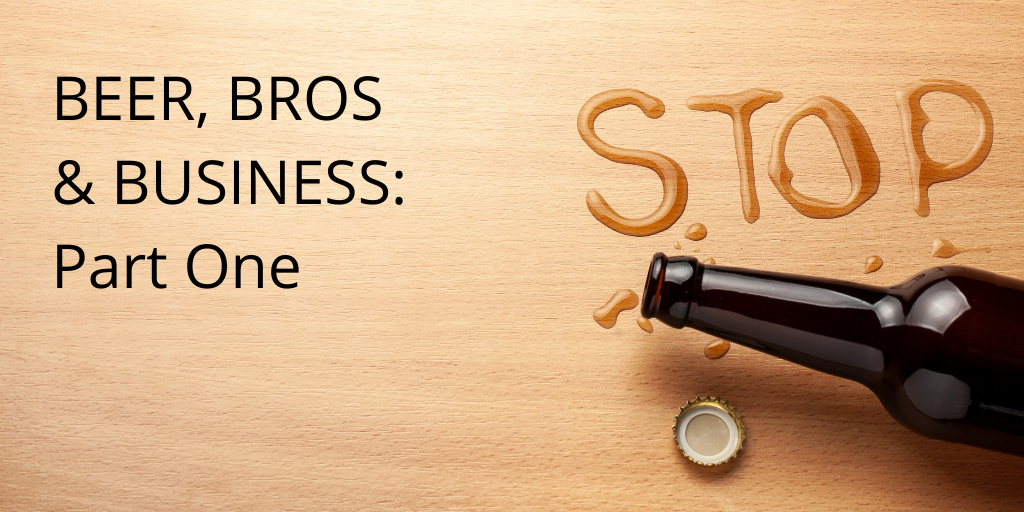
Have you had this happen? You finish interviewing someone and you have a good feeling about it. Then the person actually starts working and you realize you’ve been bamboozled. You’re not alone. According to a 2017 CareerBuilder survey, 74% of businesses report that they have made bad hires (although I think the number is higher than that).
And it’s not just the disappointment, you feel — you feel it in your bank account too. According to the same survey, the average cost of a bad hire is $14,900. That’s the amount of time you and/or your team spent interviewing, completing paperwork and training this person. And that’s one bad hire. We have talked to businesses that have made multiple bad hires in a year.
As a small business, the goal is to reduce the number of bad hires, to make sure you are hiring a good employee and not just someone who can interview well.
Here are a few tips and tricks to help find the right person
Ask Behavioral Based Questions. Many people cringe at the thought of a behavioral based question because they are more difficult to answer. Behavioral based questions are based on the concept that “the best predictor of future performance is past performance.” Ask questions specifically about how they actually handled a situation in the past, not how they would handle a situation in the future.
For example, rather than asking “how would you handle a difficult customer,” ask “tell me about a time when you handled a difficult customer.” Rather than asking “how do you handle conflict with a team member,” ask “tell me about a time you disagreed with a team member.”
Listen for STAR. STAR stands for Situation or Task, Action and Result. After you ask your behavioral based question, make sure you are listening for the full answer and ask good follow up questions.
Typically, if you have asked a behavioral-based question, individuals are good about providing the situation or task. However, individuals don’t always provide the necessary information on what specific action they took or what the result of the action was. So, ask followup questions.
For action, good follow up questions include “what specific action did you take?” or “what did you do?” If the individual does not provide enough detail about the result, you can follow up with “what was the result?” or “what was the impact of your action?” Asking these followup questions will help you get past the fluff, get past the skills of the good interviewer, and truly get to the heart of the question.
Practice and stick with steps 1 and 2. As with all new skills, you will need to practice. These will feel uncomfortable at first. You may feel like you don’t sound like yourself. It may feel awkward because it will take longer for people to answer these questions. You may feel overwhelmed trying to figure out what followup question to ask. Just stick with it — it’s muscle memory. Once you do a few reps, you will know how to respond without needing as much thought as you did in the beginning. You will see a difference.
Kristen Ireland is co-owner of People Spark Consulting, a human resources strategy consulting firm that works with small businesses to achieve their business goals through their culture and people strategies.





Ryan Golden says
Matt Warren
Dane Fitzgerald says
Follow up article should be: How a good employee can pick a good brewery to work at, not just for a big talker.